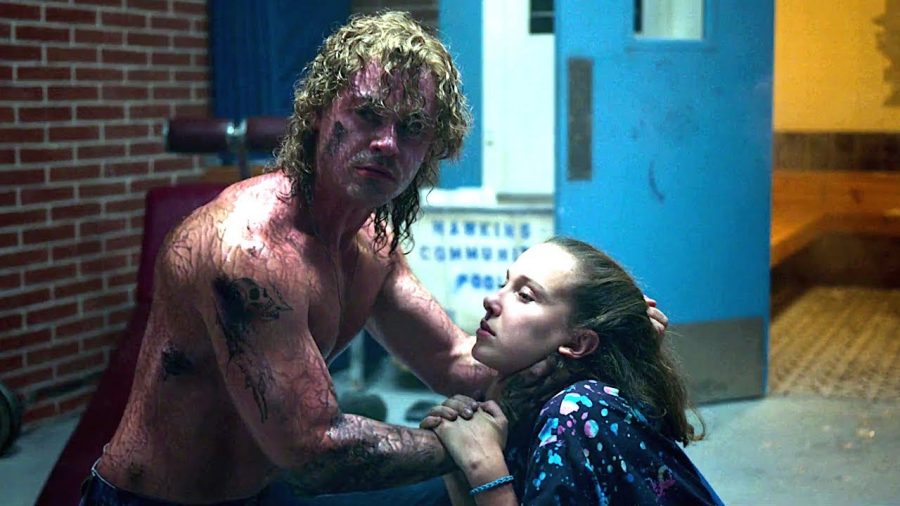Picture this: You’ve done horrible, unspeakable things, were just an all around bad person for basically all your life, and hurt everyone you’ve ever cared about at one point or another, but right before you die, it’s revealed that your dad left, or your mom died, or you had a pretty sucky childhood and suddenly nothing you did matters anymore.
The entertainment industry loves to push this overdone storyline into every movie they can, as well as the “this character clearly has no moral compass or general regard for human life but has a good sex appeal that can sell very well to lonely teenagers who just love rebels.” Of course, they can also choose to use the “we’ve known this character was going to be bad the whole time, but they make funny and oddly charming jokes so people tend to forget who they really are” to finally find that heartthrob that every series just has to have.
Characters like this often have traumatic backstories, but understanding how these characters have become who they are is not the same as justifying their actions. If having a hard life is a viable reason for being an awful person, then what can be said for the thousands of characters who have had just as hard, if not harder lives, and used that to become functional members of society? Those who swore to not let what happened to them happen to anybody else, as opposed to spreading the never ending cycle of cynicism and hate?
When good characters break away from their tragic pasts, they’re seen as heroes, but somehow when bad characters don’t change until the very last second, they’re seen as even braver or kinder than the others, instead of being seen as the bitter cowards they really are.
Snape from “Harry Potter” is one of the best examples of this toxic behavior. His so- called love, which edged more on an alarming obsession for Lily, inadvertently caused her death. He was a relentless bully to students around Hogwarts while still managing to hold a grudge against Harry and other vulnerable children simply because they reminded him of his own mistakes throughout the entire series. But at the very end of the last movie, they showed a 30 second clip of him crying over Lily’s dead body, and all of a sudden he was a fan favorite who made a noble sacrifice.
The same can be said for Billy from “Stranger Things”. He spent the majority of his life tormenting his younger step-sister and taking advantage of people for his own benefit. He found joy in seeing others pain and disregarded any rules that were put into place by society. However, once again, at the very end of season three, he sacrificed himself to save another character. People realized that he was capable of a good action, and somehow that meant more than characters who always make the right decision, making it again.
In fact, the creators of “Stranger Things” even wanted people to feel sympathy for Billy because of a short scene in which it became clear that he had some obstacles growing up. Eleven, on the other hand, had been tortured in a laboratory since her birth and lost every parental figure she had ever known, but when she once again saved the day, it fell behind the spotlight of “super bad character makes one single good decision”, now deemed the season’s hero.
Watching these toxic traits and abusive characters being redeemed so half-heartedly will most certainly translate into the real world. After all, life imitates art.






